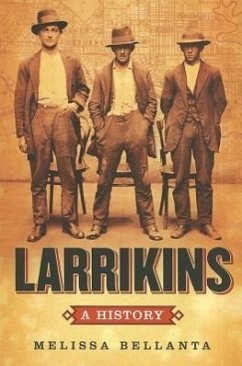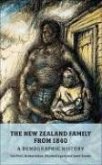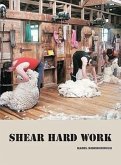Australia has often been said to possess a "larrikin streak," from the "Stiffy and Mo" cartoons and the true-blue Crocodile Hunter to the characters in the silent film "The Sentimental Bloke." When it first emerged around 1870, "larrikin" was a term of abuse, used to describe teenage, working-class hell-raisers who populated dance halls and cheap theaters, and this account journeys through the street-based youth subculture known as larrikinism between 1870 and 1920, swerving through the streets of Brisbane, Melbourne, and Sydney. Offering a glimpse into the lives of Australia's first larrikins--and discussing bare-knuckle fighting, football-barracking, and knicker-flashing teenage girls--it charts the development of Australia's larrikinism and presents fascinating historical perspectives on current youth issues, including gang violence, racist riots, and raunchy culture among adolescent girls.
Bitte wählen Sie Ihr Anliegen aus.
Rechnungen
Retourenschein anfordern
Bestellstatus
Storno




